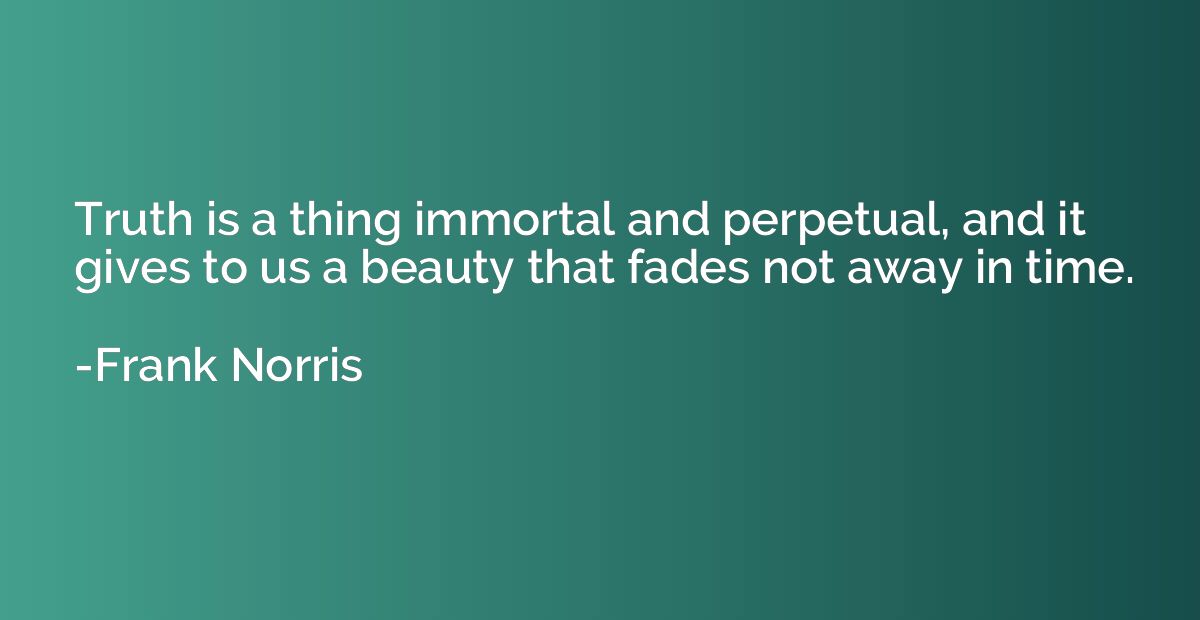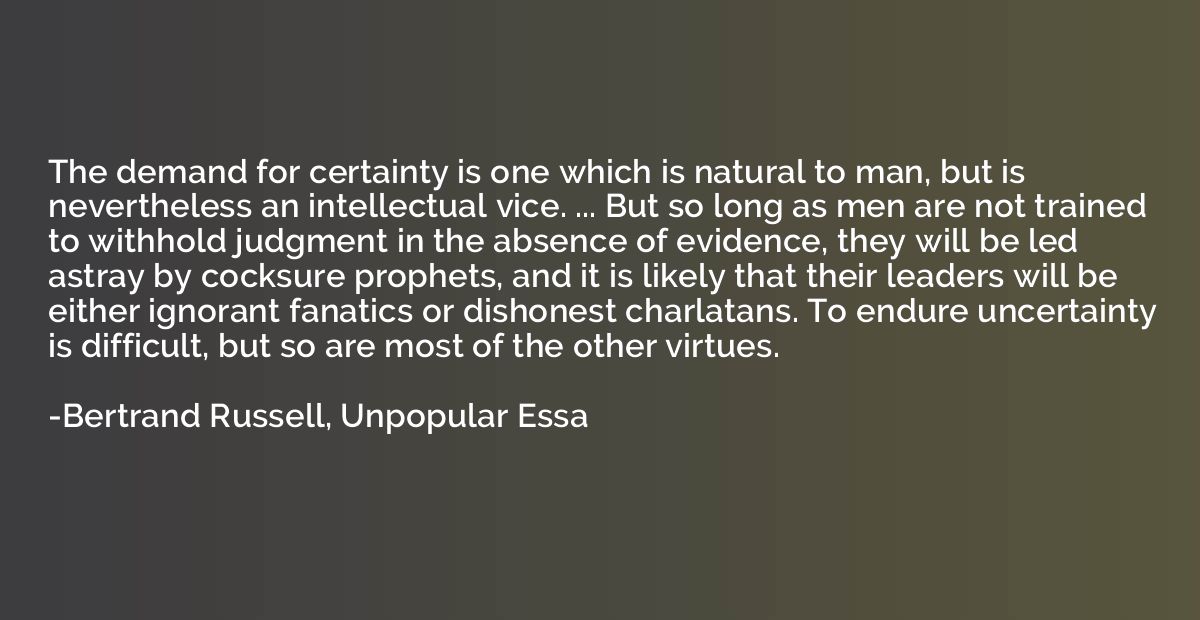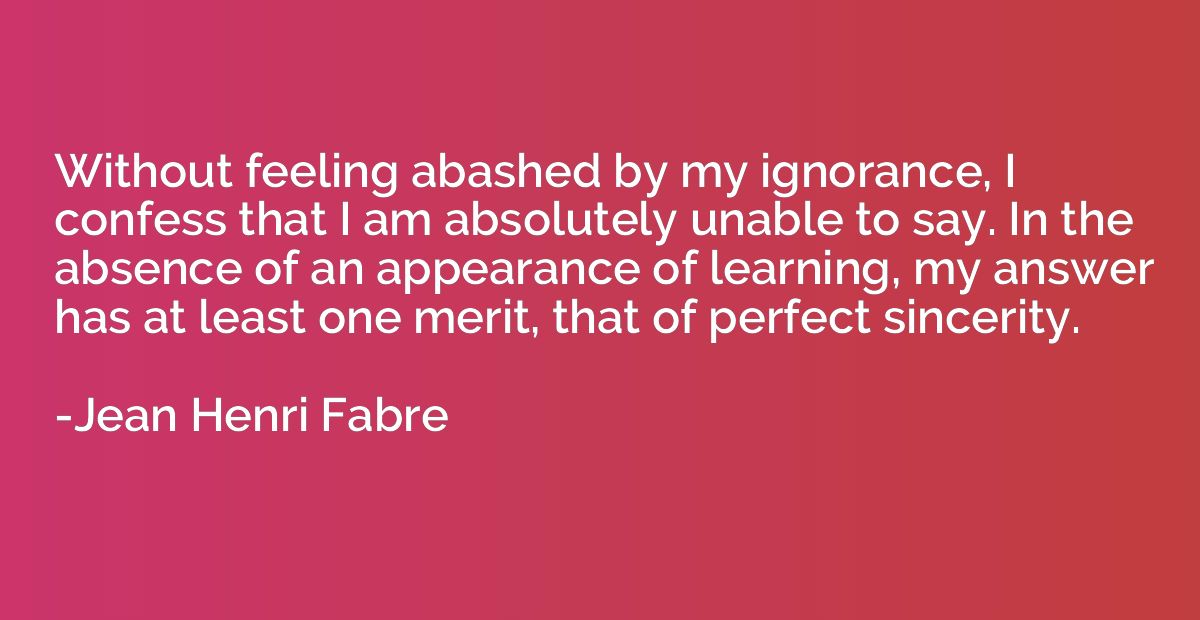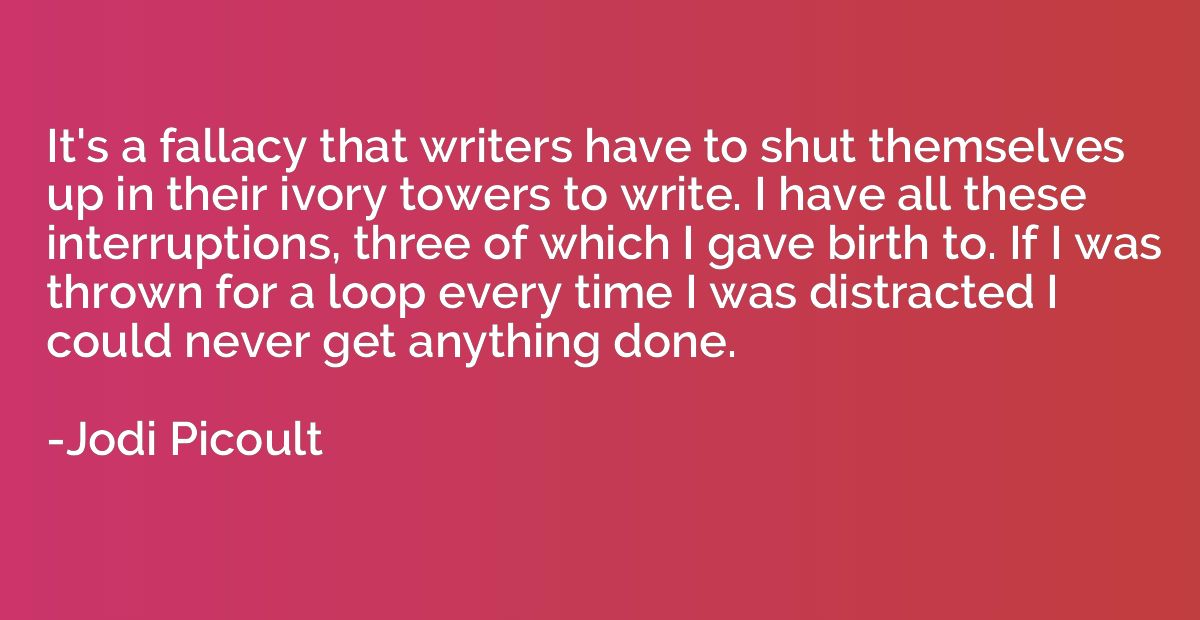Quote by William Shakespeare
LEONATOWell, then, go you into hell?BEATRICENo, but to the gate; and there will the devil meet me, like an old cuckold, with horns on his head, and say 'Get you to heaven, Beatrice, get you to heaven; here's no place for you maids:' so deliver I up my apes, and away to Saint Peter for the heavens; he shows me where the bachelors sit, and there live we as merry as the day is long.

Summary
In this quote from Shakespeare's play, Much Ado About Nothing, Leonato suggests that Beatrice should go to hell for her sharp tongue and wit. In response, Beatrice humorously refuses, stating that she will only go as far as the gate of hell where she expects to be met by the devil, depicted as an old cuckold with horns. She imagines the devil advising her to go to heaven instead since hell is no place for someone like her. Beatrice playfully goes along with the idea, portraying herself as a maid giving up her mischievous behavior and heading to heaven.














